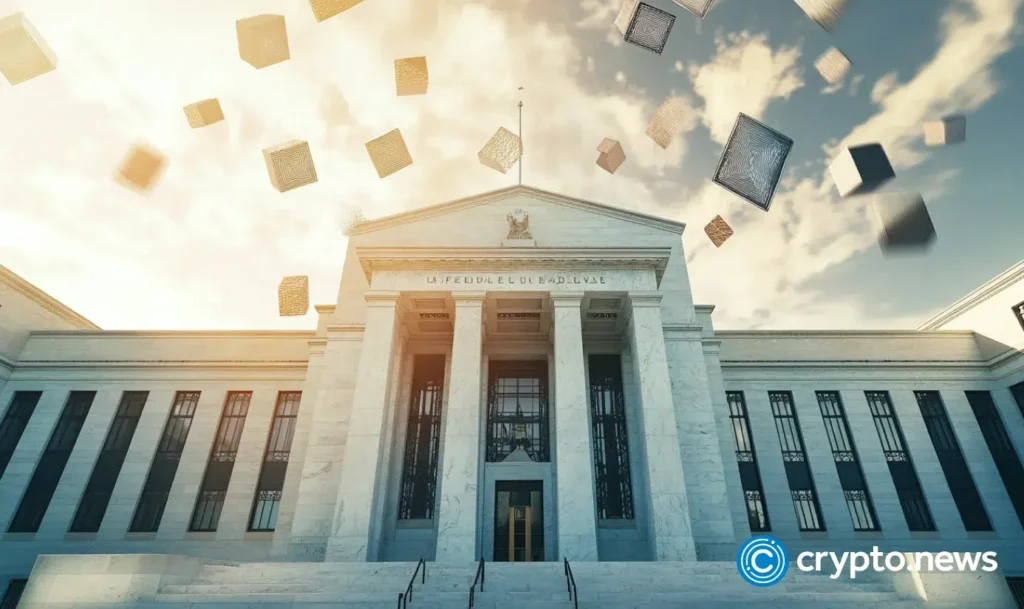Financial technology is moving forward, and banks and regulators need to keep up or face decline.
- Banks are already integrating blockchain, tech, even if they aren’t embracing crypto
- Fed Vice Chair Bowman claims that blockchain and tokenization create significant efficiencies
- Regulators will have to keep up with technological advancements, Bowman said
Financial innovation is not optional, a Fed Vice Chair stated. On Tuesday, August 19, Federal Reserve Vice Chair for Supervision Michelle W. Bowman held a speech at the annual Wyoming Blockchain Symposium.
Bowman addressed the growing role blockchain and AI play in the U.S. banking system. Banks already use permissioned blockchain networks in their internal or interbank operations. At the same time, tokenized assets enable transfers of real-world assets to be much more efficient.
Still, both the Fed and banks are too careful when it comes to embracing new technologies. According to Bowman, part of this is due to reputational risk, which played a key role in the debanking controversy, where banks reportedly denied services to legal businesses that did not align with the political goals of the mainstream.
“Let me be clear. We must adopt an approach that does not penalize or prohibit a bank from banking a customer engaged in legal activity. This approach must allow and encourage banks to provide banking products and services to any legal business, without disfavoring any particular viewpoints, businesses, or industries,” Bowman stated.
Fed and banks need to keep up with tech: Bowman
According to Bowman, regulators play a key role in setting the pace of adoption of new technologies. Ideally, she stated, they should embrace technologies that benefit the banking system broadly.
“If this is not our approach, then we risk the banking system becoming less relevant to consumers, businesses, and the overall economy. As a result, the banks will play a diminished role in the financial system more broadly,” Bowman said.



